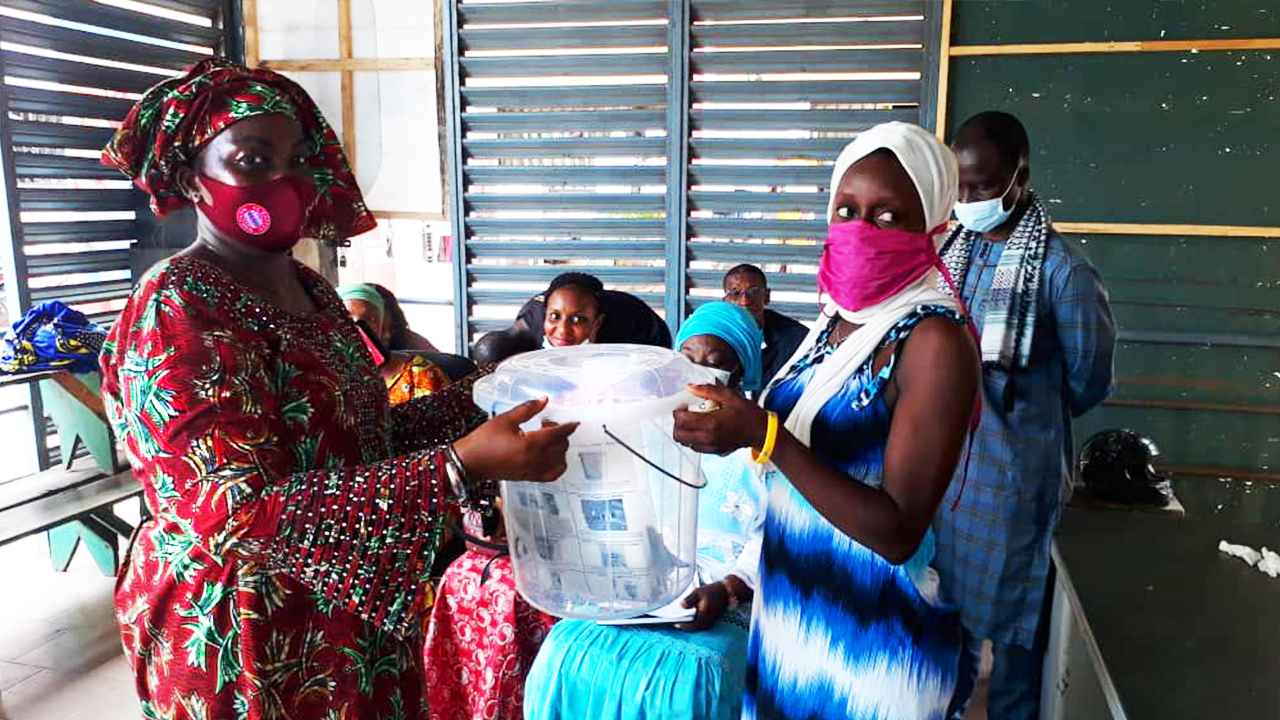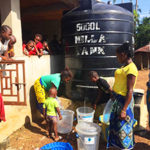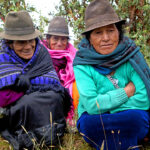
GUINEA
Of the rich cultures in West Africa, the dire cascading consequences of poor education, unsafe water, and inadequate sanitation systems are especially acute in Guinea. The need for education and training is significant, as the challenges for solving these issues are some of the most challenging in all the world.
Guinea is a country of over 11 million inhabitants with 1.9 million living in the capital of Conakry alone. Close to 45% of the population is under the age of 18 years old. Primary education is compulsory for only 8 years, and some girls do not attend at all. Most children do not attend for long or ever go to school. Guinea has one of the lowest literacy rates in the world with less than 30% of adults who are literate in 2003.
Guinea has an abundance of Rivers, however, much of the population does not have access to any adequate domestic water supply point. Conakry, the largest city in Guinea does not even have a municipal Water system, and any infrastructure that did exist is unreliable or broken. 50% of the places with unsafe drinking water once had functioning systems, but they have now fallen apart due to lack of maintenance and funding. Garbage choke the waterways because there is no waste management system; sanitation is not a priority when you are hungry.
Poor sanitation and a lack of safe drinking water take a greater human toll than war, terrorism, and weapons of mass destruction combined, making it the leading cause of disease and death around the world. Waterborne diseases of cholera, diarrhea, schistosomiasis, hepatitis A, and typhoid fever are rampant and the endemic lack of sanitation further supports the vector-borne diseases of malaria, dengue fever, and yellow fever. Most of the victims are young children, with the vast majority dying from organisms thriving in Water contaminated by raw sewage and other pollutants.
The Waterbearers introduced our clean water filter systems in September 2020, as the pandemic restrictions and border crossings eased, we were able to provide 20 filters to a small group of partnership leaders and women from 5 communities in Kaloum, Conakry. Filters and training cross the border from Sierra Leone with James Bowen from The Village Link. This is a small beginning, but one which we hope will grow with care. We are excited to develop the kiosk idea, and see this as an opportunity to bring clean water to neighboring communities.
LOCATIONS Kaloum – Conakry
DATES September 2020
REACH 20 filters with a potential reach of 2000 people
PARTNERS La Fondation Aicha, Fondation Guinée Solidarté Plus, and Loving Waters




Leave a Reply